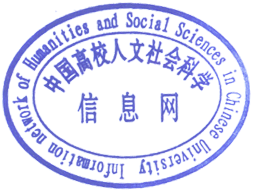关 键 词 :伊斯兰教;猪肉;物质文化;非物质文化;身份标记学科分类:民族学与文化学--世界民族研究
穆斯林视猪肉为不洁之物古已有之,伊斯兰教圣典《古兰经》自公元七世纪的兴起后,明令禁止教徒食用猪肉,此规定一直沿用至今。目前主流的观点无一能够对这项宗教习俗提供一个恰如其分的解释。本文尝试就这一戒律进行研究:一方面,猪肉具有物质实在性,可以用来标记身份,猪肉禁忌作为一种非物质文化,有助于建立社区。另一方面,戒律本身作为一种宗教仪式也有其非理性的存在意义。
Muslims regard pork as unclean for a long time. Since the rise of the Islamic holy book, the Koran, in the seventh century AD, it has explicitly forbidden believers to eat pork, and this provision has been in use until now. None of the current mainstream views can provide a proper explanation for this religious custom. This paper attempts to study this commandment: on the one hand, pork has material reality and can be used to mark identity. As an immaterial culture, pork taboo helps to build communities. On the other hand, as a religious ritual, the precepts themselves have their irrational significance.

